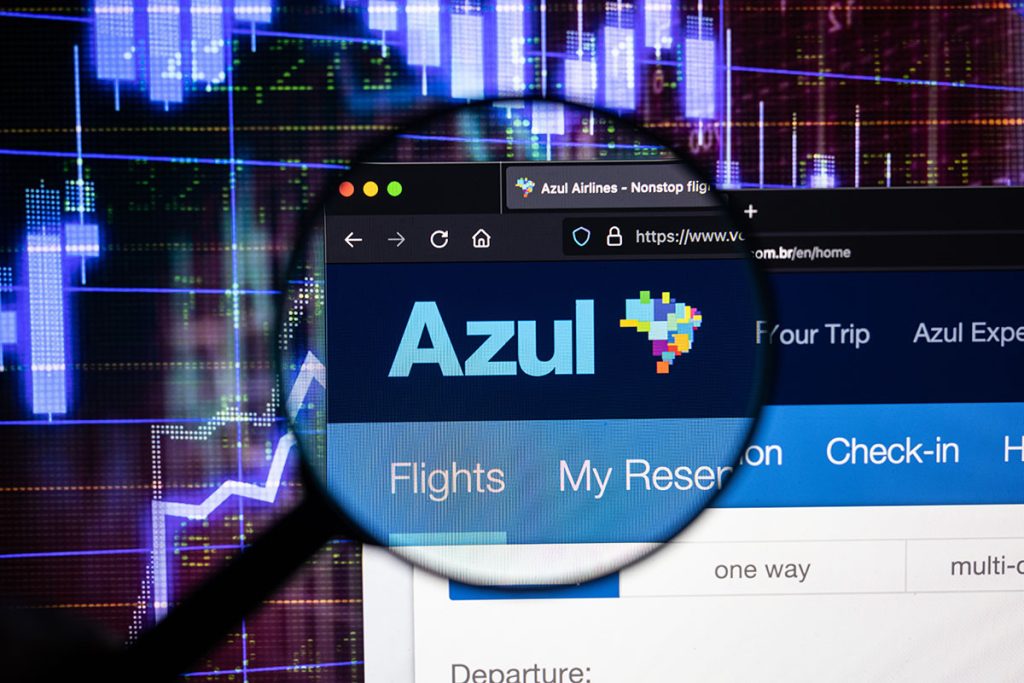t flights to smaller and underserved cities in Brazil, reaching customers who previously had limited options for air travel. This vast network of destinations has allowed Azul to attract a diverse customer base, from business travelers to leisure tourists, contributing to its overall success.
Additionally, Azul has focused on offering excellent customer service, including on-time performance and friendly staff, to differentiate itself from its competitors. The airline has also invested in modernizing its fleet with fuel-efficient and environmentally friendly aircraft, reducing operating costs and improving sustainability.
Furthermore, Azul has successfully leveraged technology to enhance its operations and customer experience. The airline’s mobile app and website provide easy booking and check-in options, as well as personalized offers and rewards for frequent flyers. This emphasis on innovation and digitalization has helped Azul stay ahead of the curve in an increasingly competitive market.
Despite its impressive growth and achievements, Azul is facing challenges in the form of increasing debt levels. The impact of the Covid-19 pandemic has further exacerbated this issue, as travel restrictions and reduced demand have put financial strain on airlines worldwide. In order to tackle this problem, Azul may need to consider strategic options such as a merger with another carrier.
A potential merger could help Azul reduce its debt burden and improve its financial stability, while also gaining access to new routes and markets. However, any merger would need to be carefully planned and executed to ensure compatibility between the two airlines and minimize disruptions to operations. Ultimately, the success of a merger will depend on how well Azul can negotiate and manage the process.
In conclusion, Azul has emerged as a formidable player in the Brazilian aviation industry, challenging the dominance of established carriers and capturing a significant share of the market. Its focus on innovation, customer service, and network expansion has set it apart from competitors and positioned it for continued success. However, the airline must address its debt levels and consider strategic options such as a merger to maintain its growth trajectory and financial health in the long term. By carefully navigating these challenges, Azul can solidify its position as a leading airline in Brazil and beyond.


